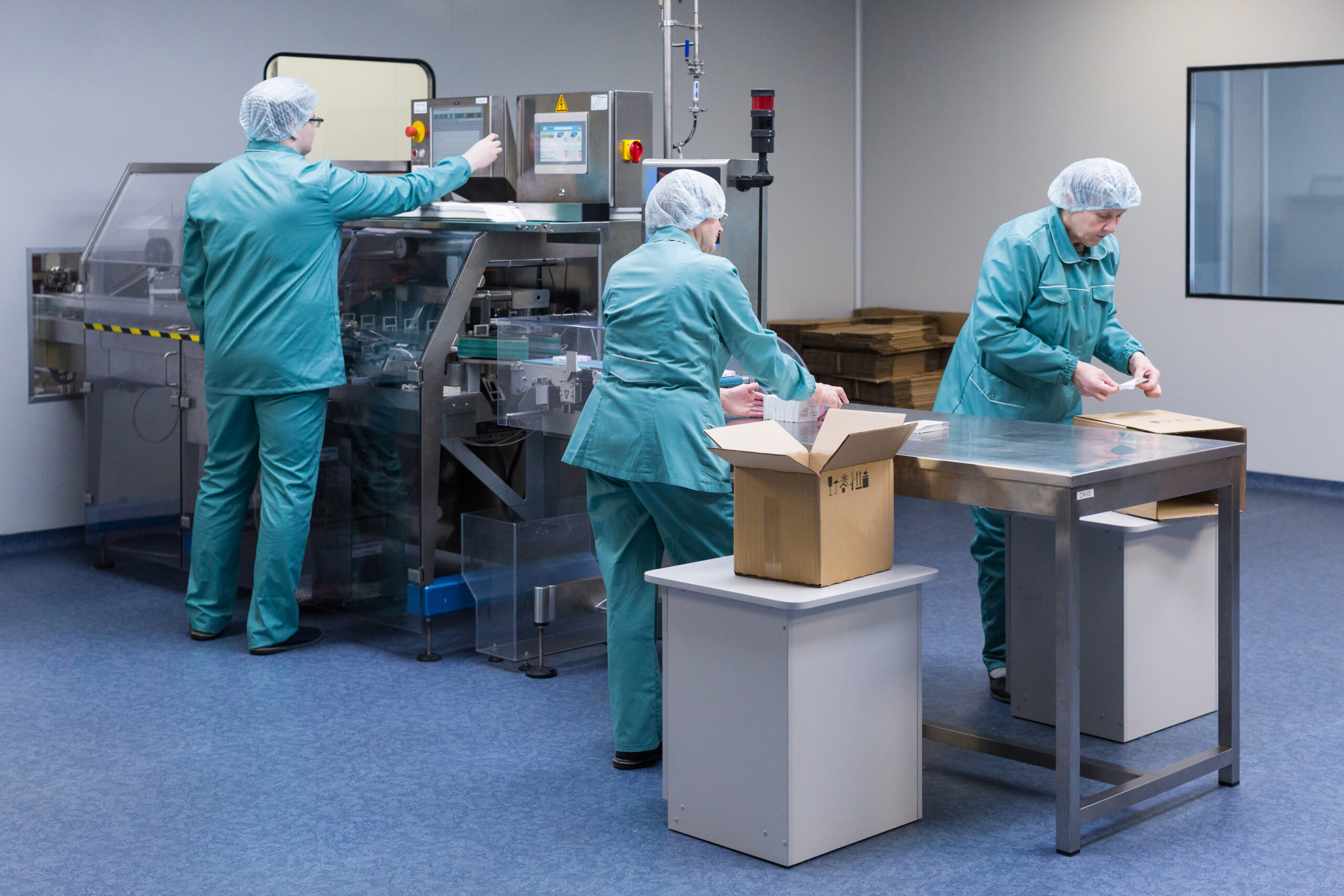The world has transformed since the release of ChatGPT. AI and machine learning have become such a hot topic. At a recent Amazon Web Services (AWS) summit in Hong Kong, there were full houses of participants on anything relevant to generative AI.
In this episode of Keep Growing, we talked to tech industry experts Terence Chow, Senior AI/ML Specialist at AWS, and Tony Wong, Customer Solutions Manager at AWS, about the recent breakthroughs of generative AI and machine learning and how they are transforming supply chain management.
The Rise of AI and Machine Learning (ML)
Aratum: How do you find the recent AI trend?
Terence Chow: The truth is, we’ve talked about AI for decades. Let me share a few milestones that it has reached. The first one is continuous computational advancement. There’s a need to compute and analyze data and statistics, for the growth and enhancement of business and work processes. The second one is the machine learning breakthrough that focuses on data and algorithms, aiming to improve the accuracy of processes. And the last is the large language model that mimics human intelligence. These three lower the bar to adapt AI in different areas and inspire companies, individuals, students, and amateurs to think about how they could adopt and incorporate AI into their everyday lives. This is what we call generative AI. Obviously, the importance of AI is not just in businesses. It concerns me, and it excites me as well.
Real-Life Challenges in Supply Chain Ecosystems
Terence opens up specific issues concerning technology and electronics, specifically the global chipset shortage crisis that affects tech and electronics-based businesses.
We’re amid a high-end chipset shortage crisis, which may be partly because of supply chain issues. However, apart from that, government policies in different countries make the shortage more unpredictable. However, there’s always a truth in the statement, “a coin has two sides.” Each challenge comes with an opportunity. New problems and issues trigger new technological solutions. I see electronic companies not just blindly adopting more GPUs to build or run their models. They could also develop bold and new ideas on hybrid or more computational deployment such as GPU, CPU, Inferentia (AWS), etc.–the advancement in modeling approach or methodology to optimize cost versus performance.
That’s the pathway I could see happening in the future. Faster and cutting-edge innovation is on the way.
Aratum: What other problems/real-life cases have businesses encountered when using supply chain technology?
Terence Chow: This is a good question. When we switch the perspective from exciting AI advancement to real life, you can see that systems, data, and workflow in businesses are often messy and unbalanced. I have encountered a company (a very strong company) that has three ERP systems in their organization, to solve just one problem. The reason for this: existing rules and regulations in their country. They always suffer from the issue of the stock visibility. Due to the lack of accessibility and security control, it’s impossible for their staff to figure out how many components they still need to build their product. In some of their warehouses in Europe, there is no ample stock. But in their warehouses in the USA, there are excess stocks. That costs the company a lot of money, because of its cluttered inventory.
AI-Powered Solutions
Aratum: The problems above can be predicted or solved. What are your customers’ best practices, or those of AWS itself, the supply chain giant?
Tony Wong: At Amazon, we pride ourselves on our economies of scale, hyper-speed, and continuous innovation–and that’s all driven by our customer obsession. One of the practices we emphasize is achieving end-to-end real-time visibility in the supply chain. Real-time visibility allows us to understand our operational environment better and effectively react to variations. It reduces the lead times for detecting operation gaps and refining. It enhances the overall supply chain performance.
Application Integration on AWS
Another practice we found critical to successful supply chain management is integrating with various data sources. Data supports the entire supply chain, and it comes from diverse systems and locations. Imagine you have demand planning, procurement, inventory, and fleet management systems and some external data sources you refer to, like weather patterns or recent trends such as COVID-19 cases.
To make use of the power of all these data, we really need to have a plugin architecture to easily integrate the data with our business context or business intelligence, aggregating and creating associations between data sources and gaining insights to drive better decision-making
Last but not least, autonomous supply chains can be achieved by leveraging and applying AI/ML. Amazon has used machine learning for over 20 years, including e-commerce recommendations, pick-and-pack in the fulfillment center, and demand planning for our inventory store.
Using AI/Machine learning that records data history and provides predictive and prescriptive recommendations helps us automate supply chain operations. It minimizes the need for human intervention, implying an optimized process and enhancing efficiency as a result.
Aratum: How do we tackle this from the AWS perspective, from the foundation of a centralized data lake to the top of risk mitigation recommendations? Please give some examples.
Terence Chow: In the world of supply chain, demand is key. From the start, Amazon has been doing it using a different approach to technology. Innovation and data are the core ingredients. For data, AWS provides comprehensive offerings from the database, to the data lake and analytics. AWS has a data streamlining capability that helps customers acquire, store, manage, and transform data for different needs cost-effectively. AWS doesn’t only provide builds, but hardware, machine leaning frameworks, and machine learning operations, which support customers from the development up to the operational stages.
Aratum: How can AWS empower solutions that run on the cloud to serve business clients on supply chain technology?
Tony Wong: AWS has been continually expanding our services to support any cloud workload for our customers. A few months ago, we launched a fully managed SaaS solution called “AWS Supply Chain”. It is a cloud-based application that connects your ERP and other related systems. It provides ML-powered insights, mitigates risk, lowers costs with unified data, and facilitates contextual collaboration and demand planning. It’s basically an all-in-one solution to manage your supply chain.
But of course, apart from SaaS applications, AWS offers more than 200 fully featured services across computing, storage, databases, networking, analytics, ML, and more, allowing our customers to imagine their own business cases and build on AWS in a secure, high-performance, and cost-effective manner.
Conclusion
AWS has transformed how businesses run and streamline their processes, minimizing cost, promoting sustainability, helping more people, and changing the world for the better.
Aratum Horizons is a supply chain solution that can run on the AWS cloud. Our modules cover order, inventory, warehouse, transportation, and financial management.
Keep Growing is a series of dialogues on global supply chain experiences, insights, and technology. In each episode, guests are invited to discuss how companies of all sizes can overcome pain points through intelligent systems while pursuing growth.




